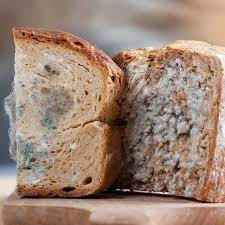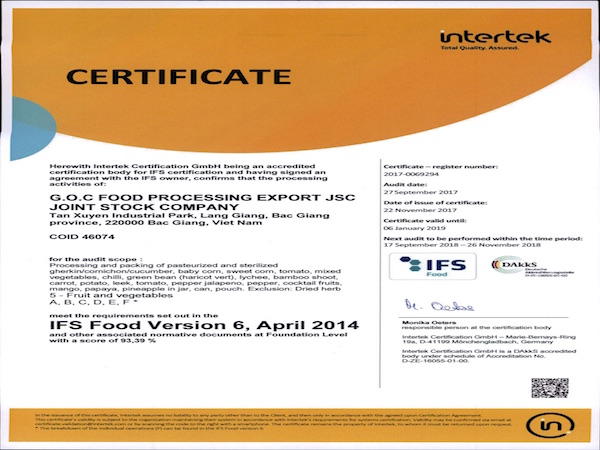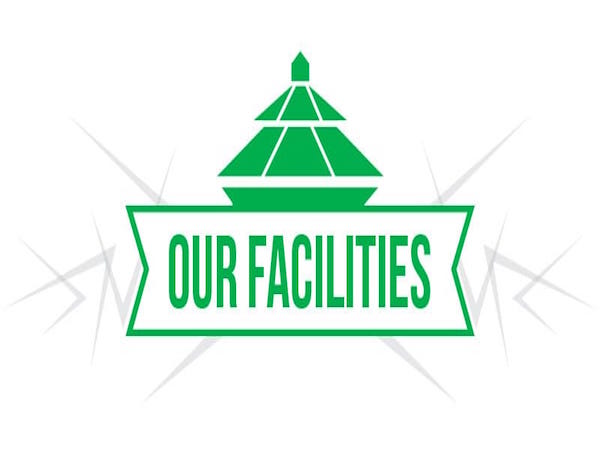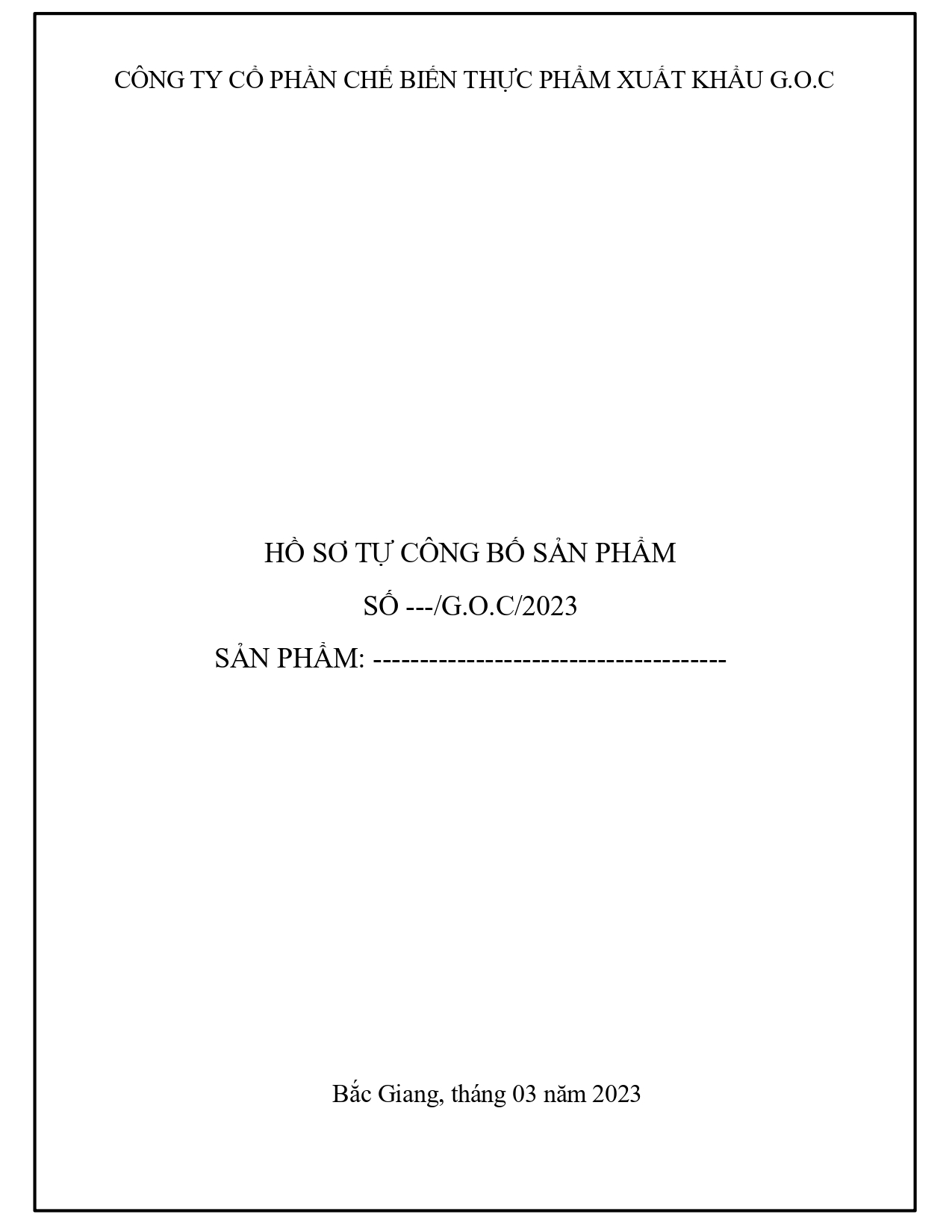What Causes Food Spoilage?
Food spoilage is a complex process influenced by various factors, resulting in a decline in food quality and safety. Microorganisms like bacteria, yeasts, and molds, as well as enzymes in food, play key roles in this process. They thrive under conditions like moisture, temperature, and oxygen levels.

Certain bacteria, such as Pseudomonas and Lactobacillus, are common causes of food spoilage, leading to changes like bad smells, texture problems, and off-flavors. Yeasts like Candida and Saccharomyces can also spoil food, often causing fermentation or creating slimy coatings. Molds, with their fuzzy appearance, can grow on many types of food and produce harmful substances called mycotoxins.
Enzymes in food, like lipases, proteases, and amylases, can also contribute to spoilage by breaking down fats, proteins, and carbohydrates. Environmental factors like pH and temperature affect how these enzymes work, emphasizing the importance of proper food storage.
Identifying Signs of Food Spoilage
Recognizing signs of food spoilage involves paying attention to changes in smell, taste, and texture. Spoiled food may have unpleasant odors, tastes, or textures, and may show signs like mold growth, soft spots, or discoloration.
Health Risks Associated with Consuming Spoiled Food
Consuming spoiled food can pose health risks due to microbial contaminants and their byproducts. While not all spoiled food makes you sick, it can lead to symptoms like nausea, vomiting, diarrhea, and infections. Staying hydrated is crucial if you experience food poisoning, and avoiding caffeinated drinks can help prevent further irritation to your stomach.
In conclusion, food spoilage is a complex process driven by microbial activity and enzymatic reactions. Detecting signs of spoilage and adopting proper food handling practices can help minimize the risk of foodborne illness and maintain food safety.














